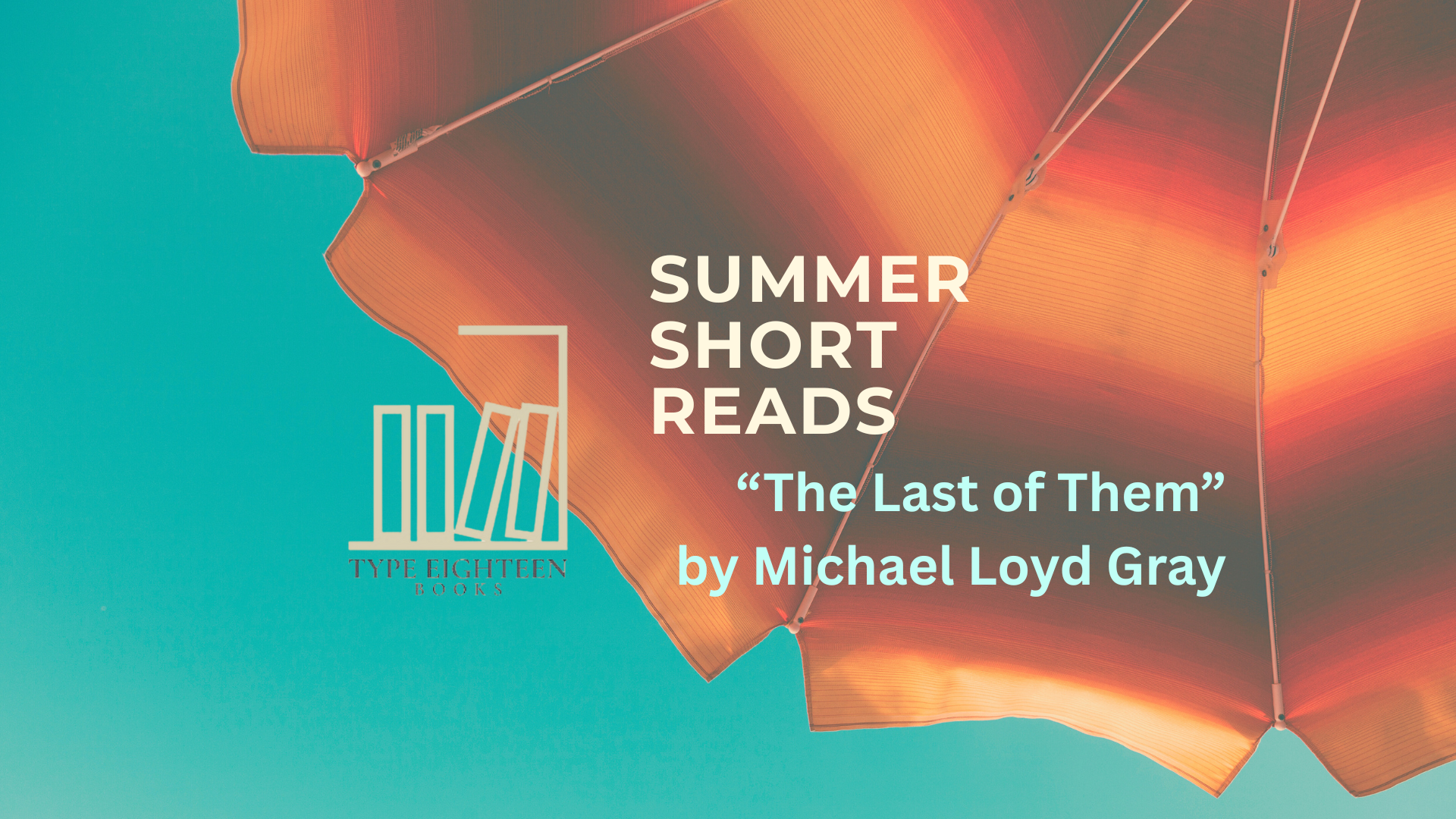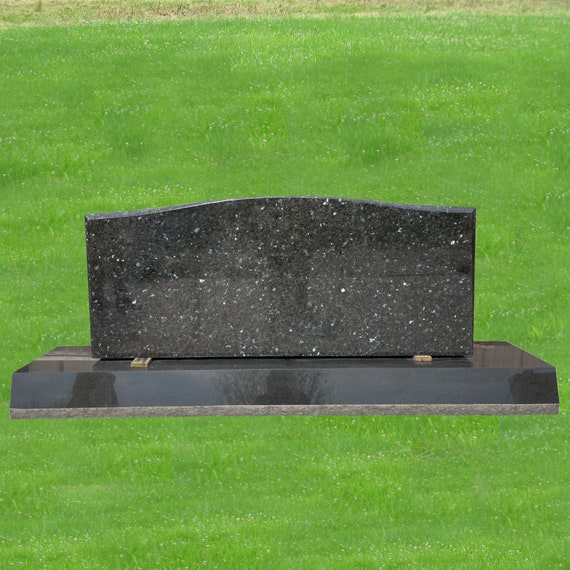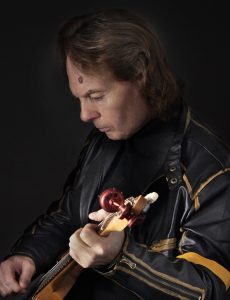Summer Short Reads #1: “The Last of Them” by Michael Loyd Gray

Over the next couple of months, we’ll be sharing some #summershortreads by our talented Type Eighteen Books authors. And the first is somewhat of a companion piece to one of our 2025 releases, Night Hawks by Michael Loyd Gray. This is “The Last of Them.”
I found out while scrolling Facebook that my younger brother had just died. Honestly, I was more startled by the randomness of the news than his death. It had been seven years since our mother passed and ten for our father. Mikey was the last of them. He was just forty. Over the years I’d sometimes wondered what the final order of death for my family would be. The lineup was now set.
In the Facebook photo, Mikey posed with a group of men and women he worked with at a gear factory where my father had also worked for many years. They all wore the same dark blue overhauls, like my father, with their names over a breast pocket. It vaguely made me think of prison inmates, but Mikey looked happy – accepted by his tribe. I lived hundreds of miles away and had only seen him once in seven years, when our mother died. Only a few words passed between us on that gloomy day of her service. I drove home as soon as it was over. No need to linger. No one to linger with.
Over the years, there weren’t any phone calls or Christmas cards or even occasional email between me and Mikey. We might as well have lived on different planets. It was that way growing up, too. He tried to fit into every footstep my father made. I avoided the footsteps altogether. I didn’t want anybody else’s tracks setting my direction. I was looking for a clean path. I didn’t want anyone telling me who they thought I should be. I’d started drawing at a young age and knew I was good at it, but my father, and Mikey, too, told me art wasn’t a real job. It wasn’t something a man did.
I finally worked myself into action and drove down and went to the cemetery to see Mikey’s grave, but not before I’d mulled it for several days and even started off once, only to come back after just a few miles. One of my colleagues in the art department at our sleepy little college said I wouldn’t get closure until I went.
“When you come back, Jesse, you’ll probably paint something grand, and of course get perspective,” the colleague said.
“Well, what do we live for, Carl, but to gain perspective and then demonstrate it in our works.”

Mikey’s headstone was blue pearl granite. It’s a pleasant enough color. Neutral, though. Nothing spectacular. No ambition. Appropriate, but a bit dour for my taste, truth be told. Our resident sculptor at the college would probably note the competency of the engraving, the stone’s smooth silhouette. Utilitarian at best. But functional.
I studied the shadow cast across my brother’s gravestone by a nearby tree, a sturdy oak with massive limbs and gnarled branches. That would be useful in any painting, getting that shadow just right. But it would still just be a gravestone among any others, and I didn’t think there was any point to painting it. Still, there certainly was perspective in one grave among many others. You just had to look long enough to get it, to feel it.
Reluctantly, I made myself find our mother’s grave and I stood over it for a while, remembering the good days, savoring them momentarily, but letting the not so good memories pass quickly. Her gravestone was made from Sierra white granite. Subtle, shimmering grains. I think the sculptor at my college would prefer Sierra white granite over pearl blue.
It was a pristine headstone that I felt suited my mother. She had been a good and honest and even compassionate woman in an impossible position, caught between an authoritarian husband who often drank too much, and a younger son eagerly following his father’s footsteps, her oldest son an outlier because he didn’t toe the line and fall dutifully into lockstep.
My father’s grave was not far away from her, but I didn’t go there. No good would come from it. There was nothing to discover there. I didn’t remember what his headstone was made from and that pleased me. I didn’t care if there were any shadows on his stone. I was okay with a merciless sun beating down on his during the hot days, snow blanketing the grave in winter, befitting his chilly soul.
Of course, it would snow each year on my mother, too. Soon enough, a first time on my brother. But unlike my father, it would just be frozen water, and the sun would eventually thaw the snow on my mother’s and Mikey’s stones, and the water would seep into the ground and perhaps nourish them. Perhaps that was the painting to attempt. I could always run the notion by Carl. Or even my students.
I surprised myself and got a room for the night. There was certainly enough daylight to make the drive back, but I was tired and not yet ready for the solitude of a long drive, of adhering strictly to a small space of road governed by a dividing line stretching into the horizon. That was kind of a romantic way of seeing it, a painter imagining the mundane springing somehow to spectacular life and meaning. Heavy on symbolism of course. Or just make it spare and true.
I grabbed my sketchpad and went to the tavern next door and sat at the end of the bar in the curve flowing gently into the wall, sipping a pint of Guinness. I had a clean view along the bar’s length toward the door and rays of sunlight filtering through the window. Interesting light to render in a painting. Hardly a soul was in the place except a bald bartender wearing an ivory button-down shirt with a red bow tie at his throat. It vaguely made me think of something from Edward Hopper – Nighthawks.
Hopper was an early influence. Probably the first artist I paid serious attention to. I’d seen some Picasso and Matisse, and they were of course impressive, but when my high school art teacher showed me Nighthawks in an art book, I was captivated by its exquisite rendering of isolation, the loneliness, how the characters in it appear disconnected from not only each other, but the rest of the world. I felt I’d finally seen a painting about the world I then lived in.
Back then I could relate to the world of Nighthawks, which struck me as a refuge for its lonely souls, and I sometimes sought refuge from my family by staring at Nighthawks in the book. Whenever I saw Nighthawks, I saw my tribe. Perhaps when Mikey saw our father slip on his blue overhauls and trudge off wordlessly toward the gear factory each day, he saw his tribe, too. I really don’t begrudge him that. It just wasn’t for me.

“Another Guinness, friend?” the bartender said, and I stared at him for a moment while the spell of the dreary past dissolved like pesky fog.
“Well, sure — why not.”
I figured if I got drunk, or at least a decent buzz, I could reasonably make excuses for not sketching anything. He sat the foamy Guinness on a coaster and wiped his hands with a cloth.
“Are you a writer?” he said, gesturing toward the sketch pad.
“A painter, actually.”
“Painter,” he said evenly, apparently assessing the notion. “But not walls, I’m guessing. Or houses.”
I shook my head and smiled.
“No, those are quite different things.” I worried I might have sounded arrogant. That was not my intent. He didn’t appear offended in any way that I could tell. He nodded and picked up the cloth and wiped down the bar.
“You any good at it — painting?” he said after he finished wiping and had hung the cloth over the faucet. He leaned against the counter behind the bar, arms crossed over his chest.
I looked up from my pad, at his expectant face. I suddenly realized that if I was to be honest and not just make bar conversation, it was a very hard question indeed to answer. But I felt like it just might be a day for honesty. It was a day when I didn’t want to seem like a fraud in any way, not to myself or others. Especially not to the dim memory of Mikey.
“Well, I think I do okay with it,” I said.
“Is there any money in your kind of painting? Are you famous?”
He looked hopeful.
“No, I can’t really claim any fame,” I said. “I also teach art, at a small college near New York.”
“The Big Apple,” he said with a grin. “You go there much?”
“I get there from time to time.”
“So, are you down here in the sticks to paint, then? It ain’t much of a town, really. It’s no big apple.”
“No, I’m here for a funeral. I was, that is – this morning.”
“Well, I’m sorry to hear it, friend. Was it family?”
“A brother.”
He nodded.
“I’m sorry for your loss. That must be tough, losing a brother.”
I nodded, too, and stared at the blank page of the sketchpad for a moment.
“We weren’t close,” I said quietly, looking up.
He looked away toward the door.
“That doesn’t matter,” he said quietly. “Blood is blood, no matter how watered down it might get.”
“Yes, true enough, I suppose.”
The bartender plucked several dirty glasses off the bar and washed them in the well before looking up at me.
“Just how does a painter become famous?” he said after a moment. He fetched a dry cloth and dried the glasses.
I shrugged.
“Luck, I suppose. But I do have a painting in a New York gallery. And one in Paris.”
I wondered if I sounded like I was bragging. I was trying to just be honest with a stranger.
“Paris,” he said, eyes lighting up, eyebrows arching. “Is it in that fancy museum there? That loover joint?”
“No, not in the Louvre. Just a gallery, on the Champs-Elysees.”
I felt I’d added Champs-Elysees gratuitously, perhaps for effect. Like adding too much detail to a painting that needs to be spare. I regretted it. There was no need for even inadvertent pretention.
“I see,” he said, lining up the clean glasses in a neat row on a fresh cloth. “But that’s still pretty good, right – a gallery in Paris, France?”
“Well, it certainly beats a sharp stick in the eye,” I said, chuckling softly and he smiled. Somehow, I felt a little better.
“See, friend?” he said. “Perspective.”
“Maybe so.”
Soon a young couple came in and sat at the far end of the bar. They were young, perhaps early twenties at most. She had long blond hair and darting eyes. He had a dark curl that hung over his forehead. They asked if there was any champagne and the bartender surprised them by bringing some. I got that the couple was celebrating something. Or maybe just happy to be alive.
I watched them for a while, engaged in a bright, lively conversation over their drinks, smiling at each other, touching softly, lovingly, stealing side glances, laughing lustily at the things each of them said. I began sketching them but abruptly I started over on a fresh page and put myself and the bartender in the frame, too. Soon, we were all safely tucked inside Nighthawks.

Michael Loyd Gray is an invited member of the Society of Midland Authors and has published six novels and more than forty short stories. He earned an MFA from Western Michigan University, a bachelor’s from the University of Illinois, and has taught at universities and colleges. Gray lives in Kalamazoo, Michigan, where he collects electric guitars, roots for the Chicago Bears, and tries to keep up with two cats, Suzie Lucifer and Yoda Lucifer.
More about his novella, Night Hawks, HERE
